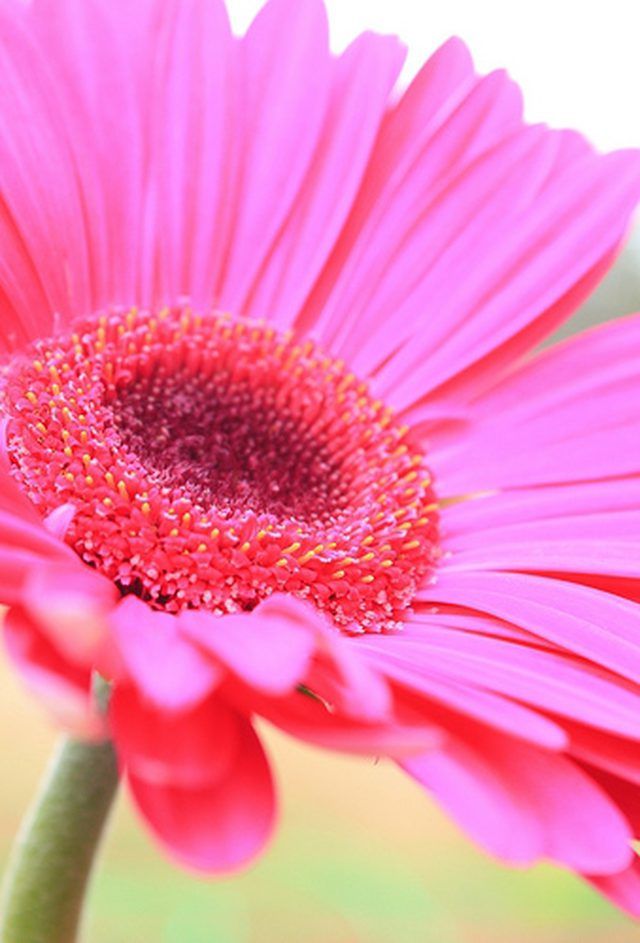Bulbs
Flower Basics
Flower Beds & Specialty Gardens
Flower Garden
Garden Furniture
Garden Gnomes
Garden Seeds
Garden Sheds
Garden Statues
Garden Tools & Supplies
Gardening Basics
Green & Organic
Groundcovers & Vines
Growing Annuals
Growing Basil
Growing Beans
Growing Berries
Growing Blueberries
Growing Cactus
Growing Corn
Growing Cotton
Growing Edibles
Growing Flowers
Growing Garlic
Growing Grapes
Growing Grass
Growing Herbs
Growing Jasmine
Growing Mint
Growing Mushrooms
Orchids
Growing Peanuts
Growing Perennials
Growing Plants
Growing Rosemary
Growing Roses
Growing Strawberries
Growing Sunflowers
Growing Thyme
Growing Tomatoes
Growing Tulips
Growing Vegetables
Herb Basics
Herb Garden
Indoor Growing
Landscaping Basics
Landscaping Patios
Landscaping Plants
Landscaping Shrubs
Landscaping Trees
Landscaping Walks & Pathways
Lawn Basics
Lawn Maintenance
Lawn Mowers
Lawn Ornaments
Lawn Planting
Lawn Tools
Outdoor Growing
Overall Landscape Planning
Pests, Weeds & Problems
Plant Basics
Rock Garden
Rose Garden
Shrubs
Soil
Specialty Gardens
Trees
Vegetable Garden
Yard Maintenance
Is the Gerbera Plant Poisonous?
Is the Gerbera Plant Poisonous?. A common staple in both cut floral arrangements and home flower gardens, plants of the genus Gerbera are easy to grow and maintain. The plants, all of which are annuals, are in the same taxonomic family as the much larger but no less stunning sunflower.

A common staple in both cut floral arrangements and home flower gardens, plants of the genus Gerbera are easy to grow and maintain. The plants, all of which are annuals, are in the same taxonomic family as the much larger but no less stunning sunflower.
Identification
There is an array of variation in the flowers of the Gerbera genus. They are easily hybridized and can take on many different colors, sizes and shapes.
Types
The most common Gerbera plants are Gerbera jamesonii or any of its numerous hybrids. This colorful flower is also known as the Gerbera daisy or Gerber daisy.
Effects
Gerbera plants are considered non-toxic to humans and animals.
Considerations
Gerbera plants contain a chemical known as coumarin, a naturally occurring substance that has blood thinning properties. In certain individuals, such as those with clotting disorders, even the small amount contained within the plants may cause complications.
Fun Fact
The Gerbera plant was named after Traugott Gerber, a friend of the noted scientist Jan Frederic Gronovius, who worked with Carl Linnaeus to create the common taxonomy system that is still in use today.